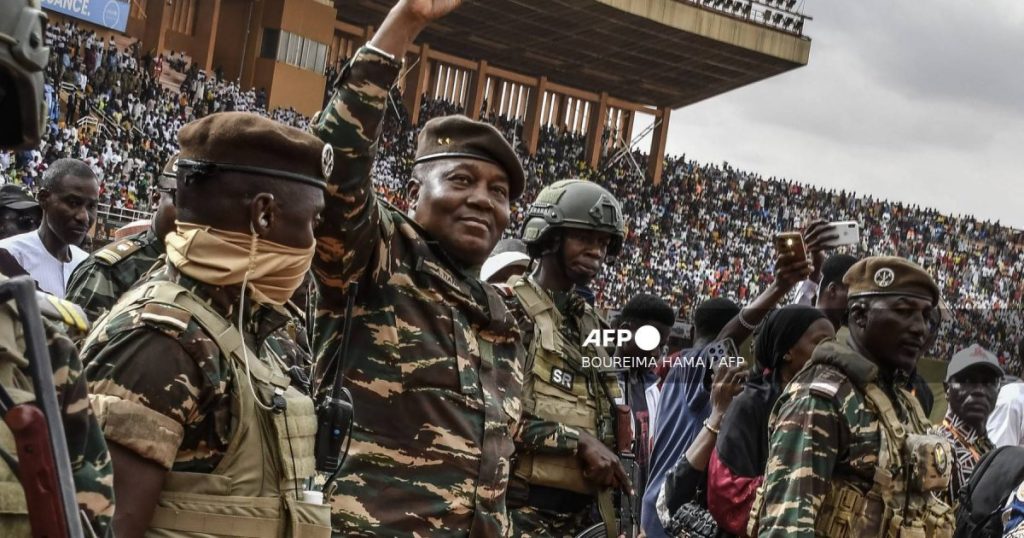The recent proclamation by Niger’s military government, establishing Hausa as the nation’s official language, signifies a profound shift in the country’s linguistic landscape and reflects a broader movement to distance itself from its colonial legacy. This decision, formalized in a new charter released on March 31, 2024, replaces French, the language of the former colonial power, with Hausa, a language already widely spoken and understood by the majority of Niger’s population. The move elevates Hausa from a lingua franca to a symbol of national identity and self-determination, while simultaneously relegating French and English to the status of “working languages,” acknowledging their continued importance in international communication and administration.
This linguistic transition is not merely a symbolic gesture but a concrete manifestation of the military junta’s broader agenda to reshape Niger’s relationship with its colonial past. The decision aligns with a growing trend across West Africa, where former French colonies, now under military rule, are increasingly seeking to assert their independence from France. The elevation of indigenous languages like Hausa represents a reclamation of cultural heritage and a rejection of the linguistic dominance imposed during the colonial era. It signifies a conscious effort to prioritize local languages and cultural expression over the linguistic remnants of colonial rule.
The charter’s recognition of nine other local languages, including Zarma-Songhay, Fula, Kanuri, Gourmanche, and Arabic, as official “spoken languages of Niger,” further underscores this commitment to linguistic diversity and inclusivity. By formally acknowledging these languages, the government aims to promote their usage, preserve cultural heritage, and foster a sense of national unity that encompasses the country’s diverse linguistic landscape. This multilingual approach recognizes the importance of all languages spoken within Niger and seeks to create a more equitable linguistic environment where all citizens feel represented and valued.
The timing of this language policy shift is significant. It follows a national meeting in February 2024 where the military junta, led by General Abdourahamane Tiani, solidified its grip on power, receiving endorsement for a five-year rule. This suggests that the language change is not simply a matter of linguistic policy but a deliberate political strategy aimed at consolidating power and garnering popular support. By promoting Hausa, the language spoken by the majority, the junta may be seeking to build a stronger connection with the populace and legitimize its rule, particularly in the context of international criticism following the coup that ousted democratically elected President Mohamed Bazoum in July 2023.
The language change is part of a wider pattern of de-Francization efforts undertaken by the military government. These include the expulsion of French troops, the severing of diplomatic ties with France, and the renaming of streets and buildings that bore French names. These actions reflect a growing sentiment of anti-French sentiment and a desire to break free from the perceived lingering influence of the former colonial power. The junta’s actions signify a clear rejection of French neocolonialism and an assertion of national sovereignty.
This pattern of severing ties with France is not unique to Niger. Neighboring countries Mali and Burkina Faso, also under military rule and sharing a similar colonial history, are enacting comparable measures. These include withdrawing from the Organisation Internationale de la Francophonie (OIF), a group of French-speaking nations, further underscoring the collective movement to distance themselves from French influence. This regional trend suggests a broader shift in the political landscape of West Africa, with former French colonies increasingly asserting their independence and seeking to redefine their relationships with France on their own terms. The language changes and other symbolic gestures represent a significant step in this process, marking a turning point in the post-colonial evolution of these nations.














